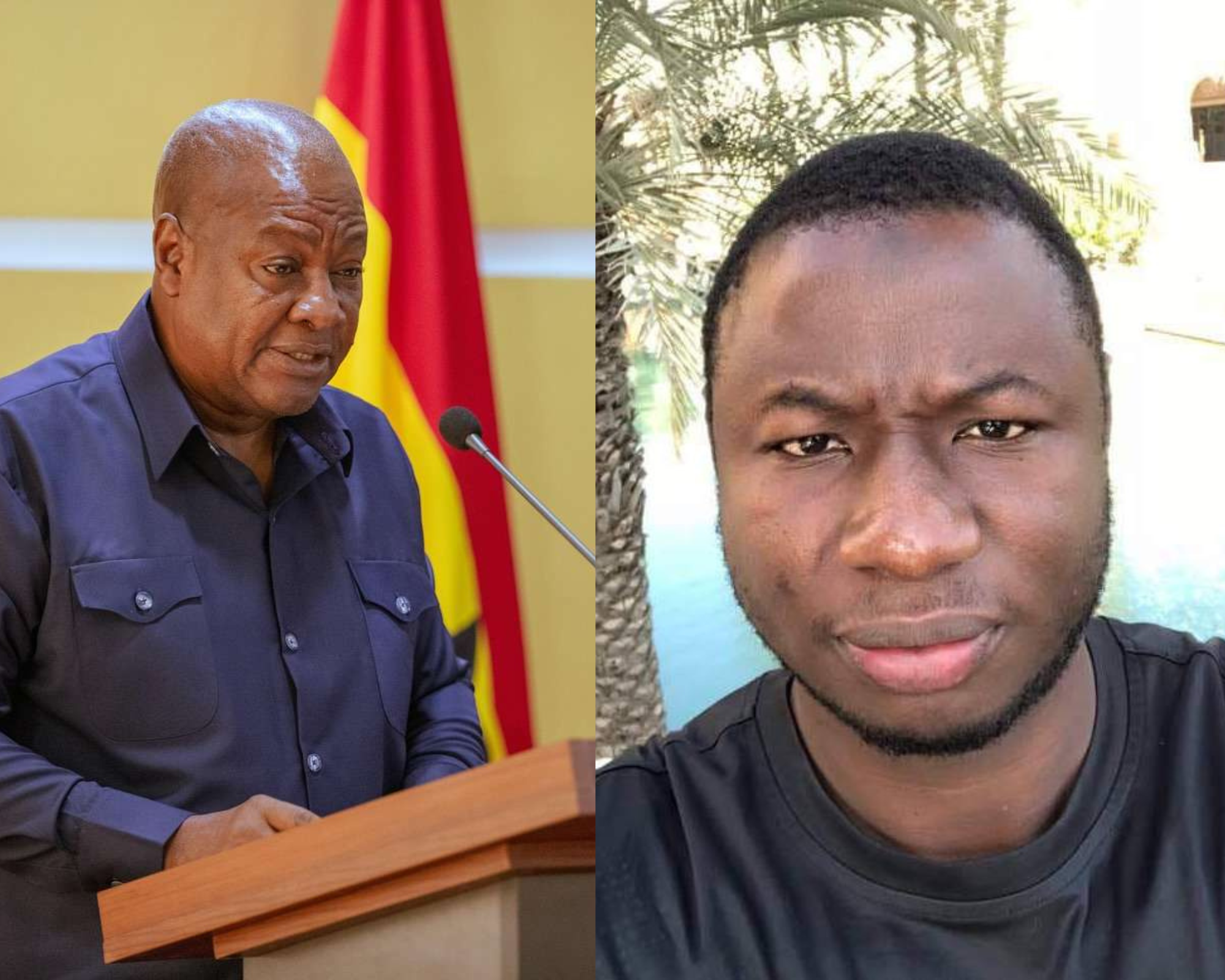President John Dramani Mahama has informed the public of his direct orders to investigative bodies to expedite ongoing investigations into unsolved killings in the country, including the murder of investigative journalist Ahmed Hussein Suale Divela.
The President made the revelation during a meeting with the Ghana Bar Association in Accra in 27 March 2025.
According to him, his government, which has been in office for four months, has already prioritised investigations into these killings. This renewed focus has led to the arrest of a suspect in the Suale case—the first major step towards justice in a murder that has remained unsolved for six years since Suale’s assassination in 2019.
“We are committed to the protection of human rights and the investigation of significant killings or murders that have remained uninvestigated, and so I’ve urged the Police and the investigative organisations to look more actively in cases like Ahmed Suale, and that is how come a first suspect has been arrested,” President Mahama said.
He expressed hope that the interrogation of the arrested suspect will lead to the identification and arrest of other suspects or collaborators.
“We are hoping that his interrogation will lead to further arrest of people. There are several other cases like the JB Danquah (Adu) murder case, and I am asking that they be expedited in terms of the prosecution that is taking place and for investigations to be carried out to find out if any other persons were involved.”
While this latest move by President Mahama is mood-lifting and marks a welcome departure from years of inaction, it still does not deliver full accountability. His predecessor, President Nana Akufo-Addo, had similarly promised justice in Suale’s case, yet no concrete progress was made over the course of six years. In fact, the former President would later suggest that Suale’s murder may be unconnected to his job as an investigative journalist, while his Attorney General, Godfred Yeboah Dame, shockingly revealed that there was no docket on the case.
With the first arrest now confirmed under President Mahama’s first hundred days in office, there is optimism, even if there still are unanswered questions. For instance, a serving Member of Parliament, Hon. Kwame Asare Obeng, publicly revealed that he had personally identified a high-profile suspect to the police in connection with Suale’s murder. The question remains what actions were taken after that high-profile suspect—described by Hon. Obeng as a former Minister of State—was identified.
Another crucial issue is the status of the case docket. One of the most disheartening aspects of the previous administration’s handling of the case was the absence of a proper case file. It remains unclear whether this foundational neglect has now been rectified by the current administration.
The Media Foundation for West Africa (MFWA) welcomes President John Mahama’s expressed commitment to solving all high-profile killings and commends the early progress made in the case of Ahmed Suale. However, our expectation is not only for renewed commitments but for clear, visible steps that bring perpetrators to book.
Restoring public trust will require transparency, timely updates, and resolute action against all those implicated, regardless of their status or affiliation. After six years of failed promises regarding Ahmed Suale’s murder, the call is no longer for assurances, but for proof that justice is being done—and seen to be done.
Securing justice in this case will send a powerful message that Ghana is committed to press freedom and human rights not just in principle, but in practice. In a region where impunity for crimes against journalists is rampant and repression of accountability actors is widespread, this would be a landmark development. It would reaffirm Ghana’s standing as a model democracy and strengthen its reputation as a safe space for journalists and defenders of freedom of expression.






